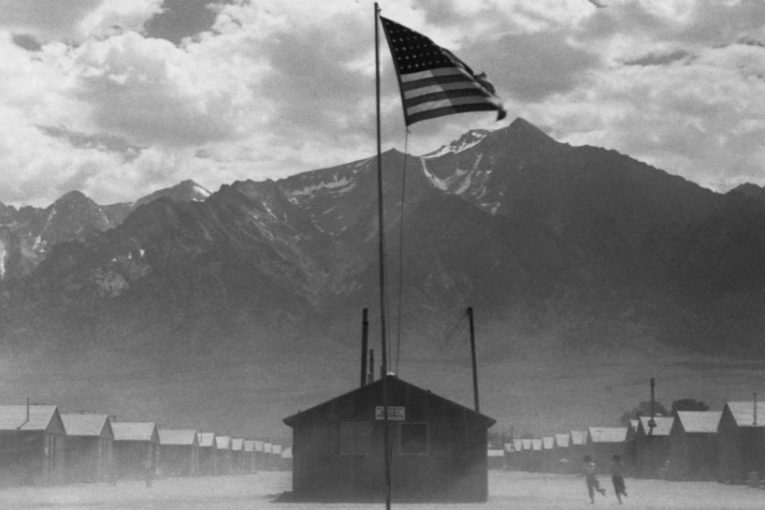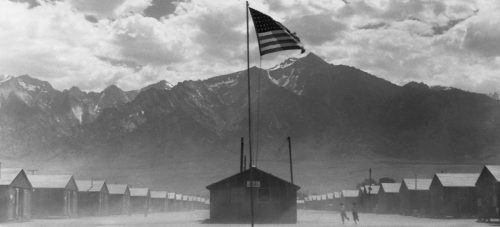

By Michael Apfel
SACRAMENTO, CA – Descendants of incarcerated Japanese families will be joined by local faith leaders and recently incarcerated immigrants in a gathering in front of the State Capitol Building as a part of the Day of Remembrance Feb. 23, marking the 81st anniversary of the executive order leading to the mass incarceration in concentration camps of 120,000 Japanese Americans during World War II.
Participants are gathering, they say, in remembrance of the cruelty and inhumane suffering caused by this executive order as well as the broader mass incarceration of Japanese people.
Descendants urge similar camps and related actions to “never happen again,” in light of the mass incarceration in the U.S. today in prisons and immigrant detention centers.
“We do not want anyone else to be treated as unjustly as we were. We lived in horrible conditions and experienced unjust suffering because of racism,” said Pat Yamamoto, a Japanese American Oakland resident, who was incarcerated in a U.S. concentration camp during World War II between the ages of four and eight along with her family.
Demonstrators will call on Gov. Gavin Newsom to reflect in this year’s budget funding a plan toward prison closures.
They also note ICE deprives thousands of immigrants of their freedoms daily, charging the Biden Administration of failing to adequately meet its promises to create a more humane immigration system, with immigrant detention centers continuing in the Biden Administration.
“Prisons and detention centers are state sponsored sites of human suffering and pain,” said Yoel Haile, the Criminal Justice Program Director with the ACLU-Northern California, and an Eritrean immigrant.
“We uplift and support CURB’s call to close 10 prisons by 2025. There are thousands of incarcerated people who can be released and reunited with their loved ones and allow for the closure of prisons. The cost savings from prison closures can be reinvested into life-affirming programs and social safety net programs that prevent harm from happening in the first place and provide housing, health care, jobs, and other rehabilitative treatment opportunities that keep us all safe and healthy,” Haile added.
Organizers argue closing detention centers is necessary in the creation of a more humane immigration system, and California could take an affirmative stance in closing its remaining six detention centers.
Nearly 100 detained laborers have recently begun striking at Mesa Verde and Golden State Annex in southern California, speaking out against unjust and inhumane conditions experienced on a daily basis, such as their $1 daily pay to clean dormitories.
The number of prisons in California also presents an economic issue, according to the group.
State prisons, claim advocates, fail to adequately address the root causes of systemic issues, instead being used to “manage” populations deemed disposable, often those that have been historically marginalized.
Prison closure is a complicated process, but groups such as the Californians United for a Responsible Budget (CURB) have created a roadmap to safely close 10 prisons by 2025 and call on California to adopt this “community-centered plan in an effort to support public health, the economy, environment, and general wellbeing of the California communities.”